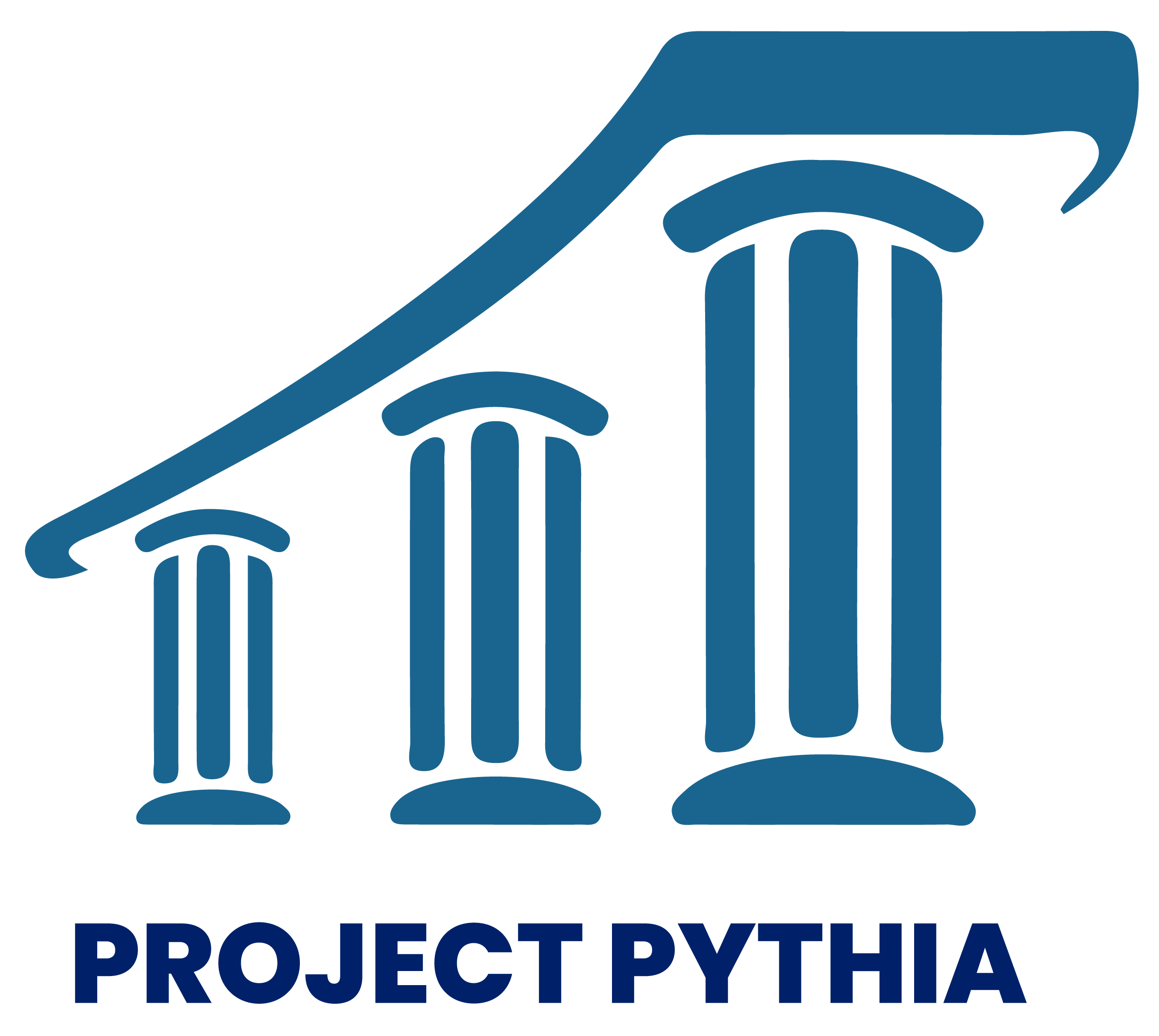
Digital Earths Global Hackathon: Land-Atmosphere and Hydrology Applications Cookbook¶
This Project Pythia Cookbook contains a collection of computational notebooks for land-atmosphere and hydrology applications from the NSF NCAR node of the 2025 Digital Earths Global Hackathon.
Authors¶
Erik Janzon, Yifan Cheng, Aashish Panta, and Katelyn FitzGerald
Contributors¶
Structure¶
Includes our work in progress notebooks for the time being.
Running the Notebooks¶
You can either run the notebook using Binder or on your local machine.
Running on Binder¶
The simplest way to interact with a Jupyter Notebook is through Binder, which enables the execution of a Jupyter Book in the cloud. The details of how this works are not important for now. All you need to know is how to launch a Pythia Cookbooks chapter via Binder. Simply navigate your mouse to the top right corner of the book chapter you are viewing and click on the rocket ship icon, (see figure below), and be sure to select “launch Binder”. After a moment you should be presented with a notebook that you can interact with. I.e. you’ll be able to execute and even change the example programs. You’ll see that the code cells have no output at first, until you execute them by pressing Shift+Enter. Complete details on how to interact with a live Jupyter notebook are described in Getting Started with Jupyter.
Note, not all Cookbook chapters are executable. If you do not see the rocket ship icon, such as on this page, you are not viewing an executable book chapter.
Running on Your Own Machine¶
If you are interested in running this material locally on your computer, you will need to follow this workflow:
(Replace “cookbook-example” with the title of your cookbooks)
Clone the
https://github.com/ProjectPythia/land-atmosphere-interactions-and-hydrology-cookbookrepository:git clone https://github.com/ProjectPythia/land-atmosphere-interactions-and-hydrology-cookbook.gitMove into the
land-atmosphere-interactions-and-hydrology-cookbookdirectorycd land-atmosphere-interactions-and-hydrology-cookbookCreate and activate your conda environment from the
environment.ymlfileconda env create -f environment.yml conda activate land-atmosphere-interactions-and-hydrology-cookbook-devMove into the
notebooksdirectory and start up Jupyterlabcd notebooks/ jupyter lab